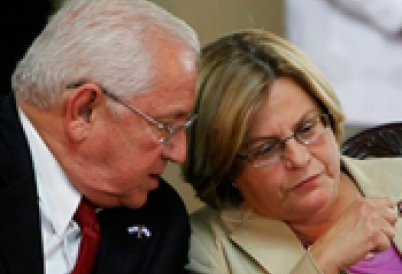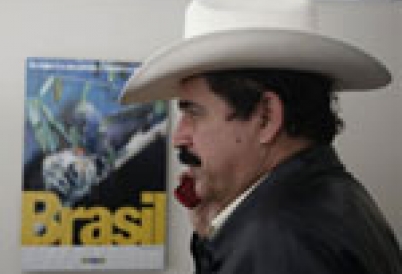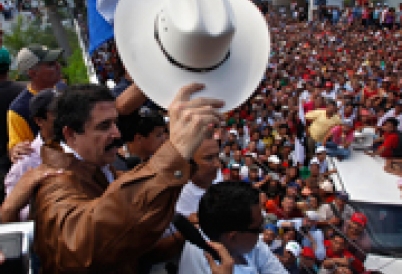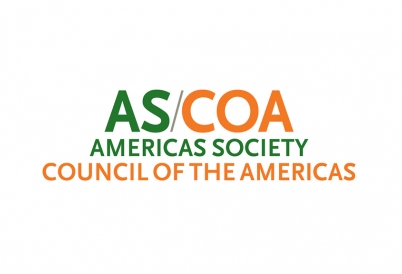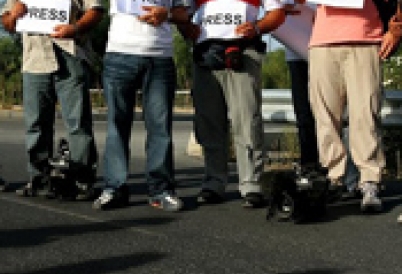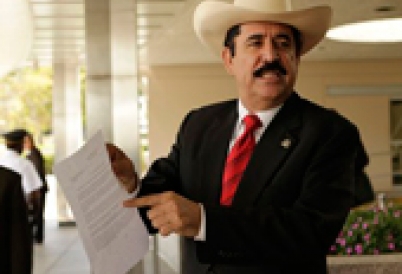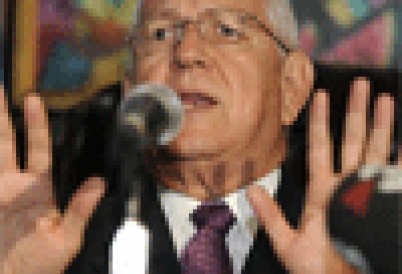More than two weeks after his surprise return, deposed leader Manuela Zelaya remains confined in the Brazilian Embassy. While the power dispute goes on in Honduras, a conflict over Washington's position on the crisis heats up in U.S. Congress.
The surprise return of deposed leader Manuel Zelaya to Honduras on September 21 sparked a tense—and at times violent—period in the Central American country. With the outcome in doubt inside the country, AS/COA takes a look at the roles of external actors seeking to resolve the crisis.
Deposed Honduran leader Manuel Zelaya made a dramatic return September 21, taking refuge in the Brazilian Embassy in Tegucigalpa. Hemispheric leaders pressed for a solution to a three-month-old political impasse, but tensions run high in the Central American country.
"Washington may have blocked the most likely road to reconciliation in that Central American nation," writes COA's Eric Farnsworth in The Christian Science Monitor. The State Department said it would not support November elections if carried out by Honduras' de facto government.
While some journalists reporting in Latin America face threats to personal security, others deal with official intimidation in what some warn could roll back hard-won press freedoms. But governments and journalists have also taken steps to ensure greater access to information.
The State Department took new measures, including a cut of over $30 million in aid, to pressure the de facto government in Honduras toward resolving the political impasse stemming from the coup. The Central American country faces increasing economic isolation since the June overthrow of President Manuel Zelaya.
In an AQ web exclusive, Daniel Altschuler takes a look at the Honduran de facto government's failed attempts to gain international recognition and change world opinion that President Manuel Zelaya must be restored to power.







